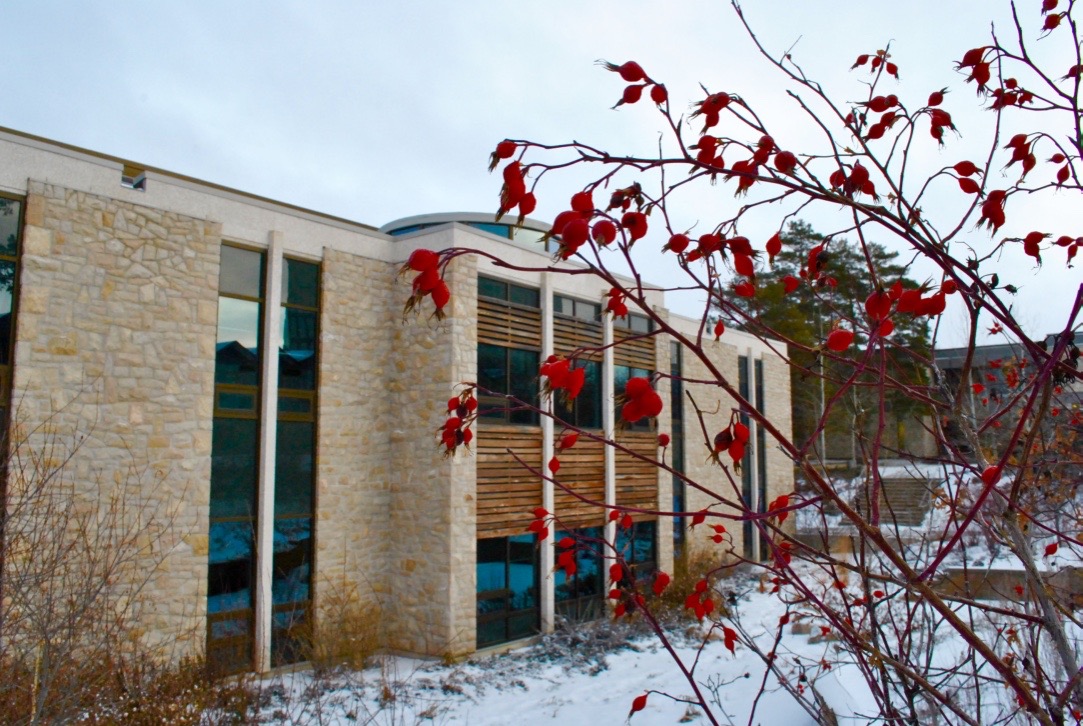
Dean’s Statement on Truth and Reconciliation Commission’s Call to Action #28
The Calls to Action issued by the Truth and Reconciliation Commission in June 2015 included, in addition to recommendations directed at post-secondary institutions and the legal profession, Call to Action 28, which specifically addressed legal education:
"We call upon law schools in Canada to require all law students to take a course in Aboriginal people and the law, which includes the history and legacy of residential schools, the United Nations Declaration on the Rights of Indigenous Peoples, Treaties and Aboriginal rights, Indigenous law, and Aboriginal–Crown relations. This will require skills-based training in intercultural competency, conflict resolution, human rights, and antiracism."
The College of Law has for many years regarded it as a priority to address the needs of Aboriginal students, to ensure that all law students have opportunities to understand Indigenous legal issues, to support and promote research in the field of Indigenous and Aboriginal law, and to increase the diversity of the faculty and student population. The Calls to Action have prompted us to consider again on whether our efforts have been adequate, and the emphasis of the Truth and Reconciliation Commission on reconciliation has refocused our discussion.
During the 2015-16 academic year, the Curriculum Committee has been considering options for meeting the direction in the Call to Action to put in place a course in Aboriginal people and the law. At a meeting of Faculty Council on February 10, 2016, members of the Council adopted the Curriculum Committee proposal for the format and content of such a course, with the expectation that the course would be added to the program no later than September 2017. This course will be equal in credits to other first year courses, and is intended to play a foundational and prominent role in the curriculum. During the 2016-17 year, the Dean’s office and the Curriculum Committee have undertaken to move forward with program approval and resourcing issues, and to develop a detailed course outline.
On February 10, Faculty Council also passed a motion embracing the broader spirit of the Calls to Action, recognizing that the project of reconciliation will engage all aspects of College life. The expression of this sentiment aligns well with the priority the College has placed on positive change in this area, and with some other recent initiatives, of which the following are examples:
- In early 2015, the College received the report of external reviewers of the Native Law Centre. An advisory committee has been working since then to implement many of the recommendations of the reviewers and to put in place an administrative structure and resources that will renew the capacity of the Centre to act as a hub for research, instructional activity and community engagement.
- In the fall of 2015, the College appointed as a cultural advisor the respected elder, researcher and writer, Maria Campbell. In addition to developing a course in Indigenous legal traditions, she has planned a series of events that will begin to provide faculty members with tools to support their role in working towards reconciliation, and that will expand the cultural awareness and competence of students.
- The experiences of students involved in the work of CLASSIC, the inner-city legal clinic associated with the College, have often included a cross-cultural dimension, as a large proportion of clients in CLASSIC programs are Aboriginal. Those overseeing the work of these students have directed more explicit attention to cultural support over the past several years.
This College was in some respects a pioneer – by, for example, introducing in 1974 a pre-law program to increase the accessibility of legal studies to Aboriginal students. The Calls to Action invite us to renew our commitment to understanding the perspectives of Indigenous people in Canada, increasing our knowledge of their history, and ensuring that our institution is one where Indigenous students, faculty, staff and members of the community can feel valued and supported.
